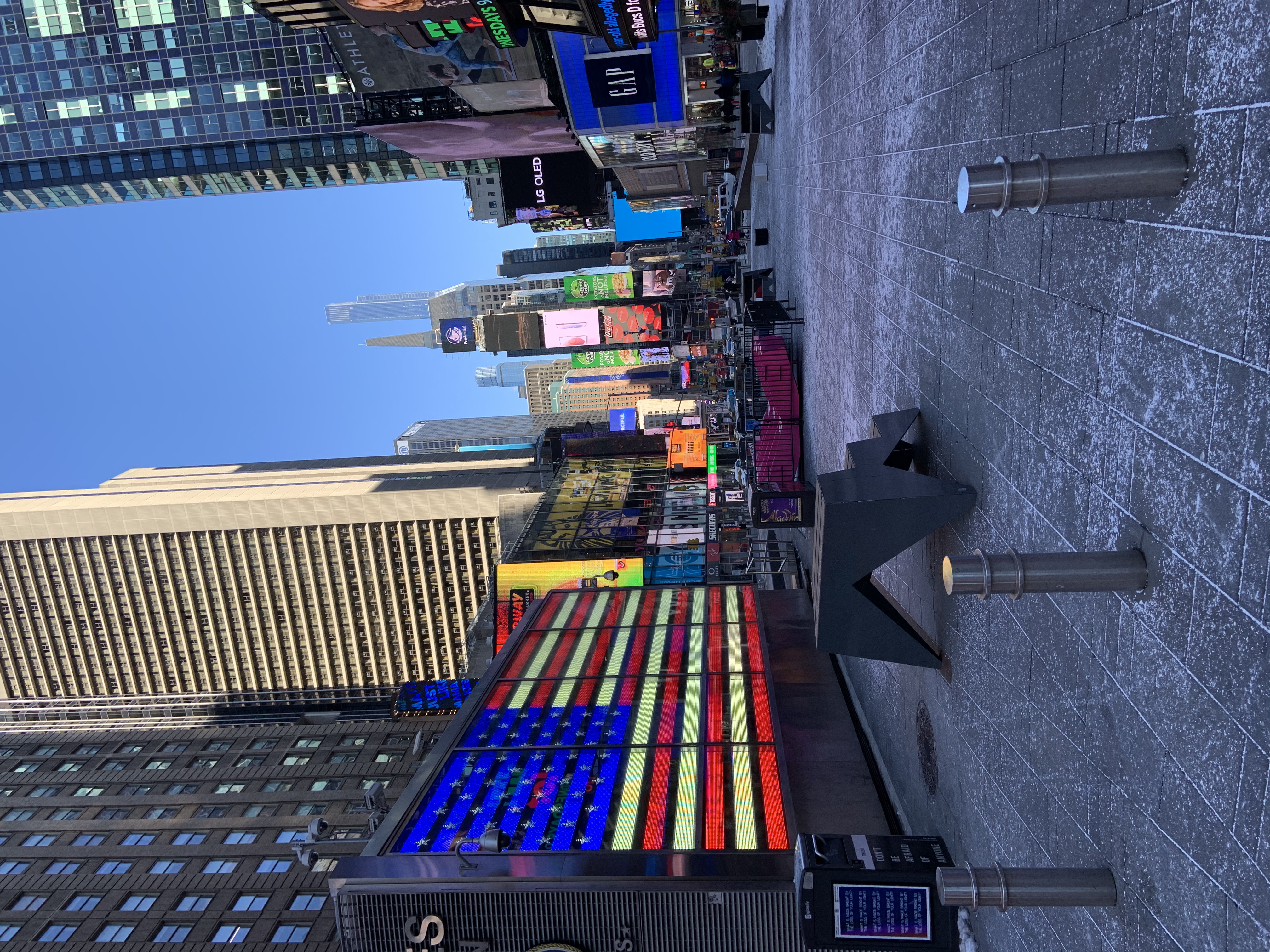We have an aversion to density in America. Density is a continual trope in this country, blamed for all of the ills of urban life, from crime and racial unrest in the middle of the 20th century to public health concerns today. In the early stages of the COVID pandemic density was the culprit, even though we’ve subsequently seen outbreaks in rural areas and sprawling cities across the United States. This paper will look into the root of America’s problems with density and argue that density is not the problem but the solution to the challenges of today’s and tomorrow’s cities. As we deplete the resources of the planet, density is our most direct pathway to recover some balance with nature. Dense living is more efficient, less carbon intensive and more environmentally sustainable. As geospatial differentiations matter less due to advances in communication technology, it's the density of people and ideas that will continue to fuel innovation. Finally, in a world that is increasingly dominated by pluralism, denser living promotes openness, tolerance and diversity.

